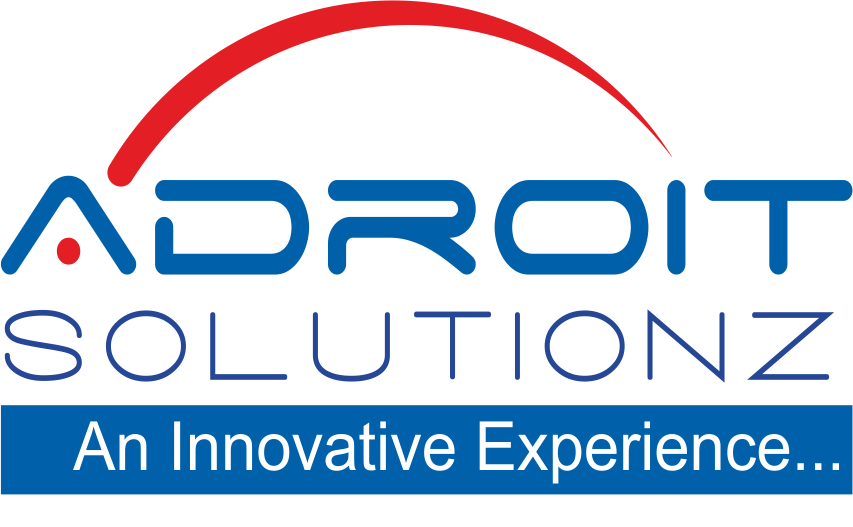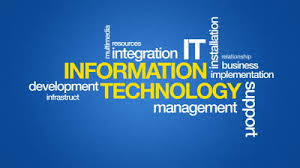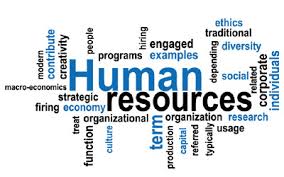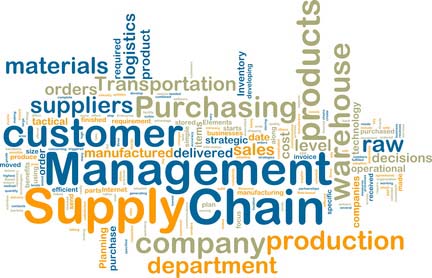Supply Chain Management (SCM)
This is an interdisciplinary field that emphasizes cross-functional links and seeks to manage those links to enhance an organization’s competitive advantage. It involves forecasting, resource allocation, production planning, flow and process management, customer delivery, after-sales support and a host of other activities and processes familiar and basic to a business.
Competitive pressures are intense. Sophistication techniques have been devised to expedite information flow, including on-board computers for trucks and ships, satellite tracking systems and the electronic transmission of orders and shipping information.
SCM process starts with the supplier and ends with the customer. Some of the tasks falling under this process include:
- Evaluating and selecting suppliers for products, parts or subassemblies;
- Monitoring inventory levels and reordering from suppliers;
- Planning production activities based on customer demand;
- Overseeing manufacturing tasks;
- Scheduling and tracking product deliveries to customers; and
- Collaborating with CRM employees on customer service.
CRM extends the concepts of selling from a discrete act performed by a salesperson to a continual process involving every person in the company. It is the art/science of gathering and using information about your customers to build customer loyalty and increase customer value.
With the current state of information technology, and high customer service expectations, it’s practically impossible to consider these process issues without addressing technology. However, it is important to remember that customer relationships – human relationships- are the ultimate driving force. Market research, marketing and promotion, sales and customer services are some of the activities which take place in the CRM business process.














